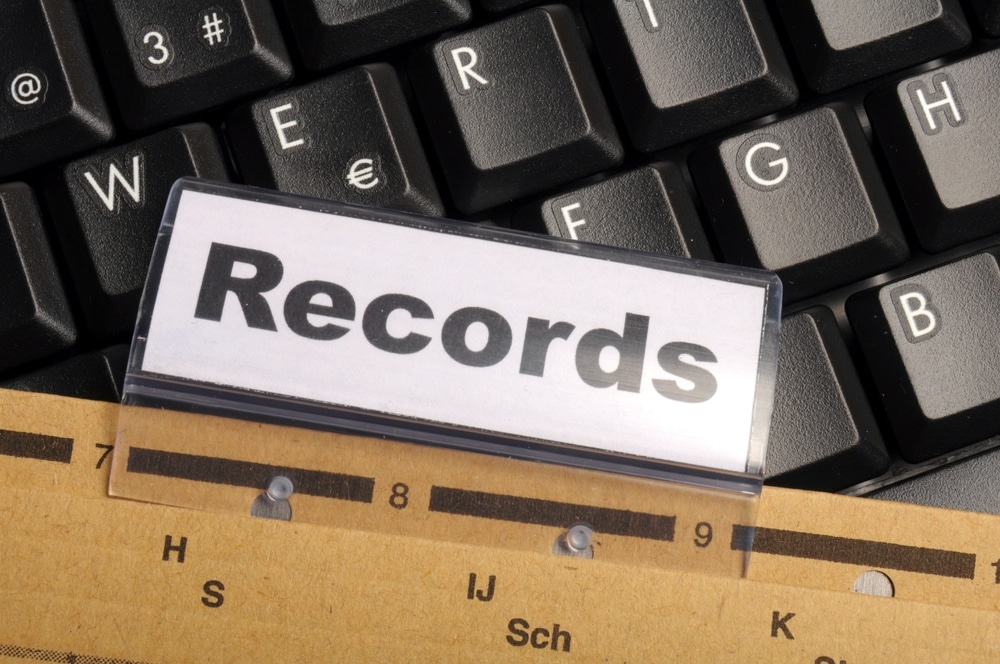Cellphones are now an integral part of people’s daily lives, as evidenced by the sheer amount of communications data produced by its users. Some of this data may be relevant to litigation, especially since government officials and employees of financial firms use mobile text messaging to communicate. However, using recorded mobile text messages for prosecution can be problematic.
Many professionals and officials in the government and financial sector resist eDiscovery on mobile phones data due to the breadth and intrusiveness of the discovery process. Text messaging and social media usually contain personal communications data and intimate personal details that are unrelated to the issues of specific litigation, and broad eDiscovery can invade an individual’s privacy.
If the parties involved in litigation cannot agree on the production of relevant cellphone data, courts can order a forensic examination. Still, the investigation is intrusive, which makes the courts careful to safeguard privacy interests. The forensic investigation will also only be considered if a party has failed to otherwise produce relevant information for the litigation.
Narrowly Tailored Requests for Litigation
Should there be any text message requests for litigation, the request must be narrowly tailored so that only relevant information will be retrieved. The best practices for forensic examinations include: working cooperatively with the opponent to limit discovery; considering alternative and less intrusive sources of information; and to have a neutral third party conduct a forensic examination according to the agreed-upon protocol that defines which data to disclose.
Narrowly tailoring text message requests is essential to ensure that only the information relevant to the litigation will be retrieved. Companies will need to be able to record mobile messages efficiently to achieve such a task.
Honorable Andrew Peck, retired Sr. Counsel of DLA Piper, notes that while relevant text messages are discoverable, the requests should still explicitly state which text messages are sought-after for litigation. He also acknowledged that a non-tailored text message request, like that of a plaintiff making an untimely text message request that isn’t proportional to an ongoing case, is costly and can involve information irrelevant to the case.
Costs of Broad Text Message Requests
Requesting extensive text message discovery is both too costly and too broad for litigation. Without narrowly tailoring the text message request, a request that covers over a hundred of a company’s cellphones will cost an estimated amount ranging from $27,000 to $150,000.
A remedy to the expensive nature of a general text message discovery is a narrowly tailored request that is supported by a specific showing of relevance. Modifying the request is the appropriate method to save on the discovery process’s costs.
Effectively Using eDiscovery for Text Messages
Being able to record mobile text messages is one thing, but effectively using eDiscovery to search for the necessary files is another. Many IT professionals have already had difficulties with effective eDiscovery with keyword searching due to the return of false positive and unwanted results. It’s essential to know the following tips to use eDiscovery to locate the files necessary for litigation effectively.
- Search Using More Than Four Characters to Reduce False Positives
Using a limited number of characters will undoubtedly produce many false positive results. Using more than four characters improves the quality of eDiscovery since it allows for relevant keyword search results.
- Avoid Noise Words in Search Queries
Most search engines and software applications do not target noise words, including “it” or “up.” Noise works can slow down the search and produce false positives.
- Avoid Wildcard Characters to Start Search Criteria
Wildcards are essential to simplifying the search criteria as some of them can search for everything, specific words, define ranges, or make exceptions. Using wildcards at the beginning of the search string will produce false positives.
- Take Care of Your Metadata
Electronically Stored Information or ESI that is not forensically collected will likely be stored the server without sufficient metadata storage safeguards, including timestamp parameters. You might be missing documents after the ESI is dropped on a server.
- Sample Documents with the Proposed Terms
Sampling the documents with the terms that are proposed for eDiscovery will make the discovery process less complicated as the act of file location is accelerated. It may seem to be an obvious move, but it is only followed around 5% of the time.
Companies will have an easier time with the discovery phase when they can locate the relevant files quickly.
Conclusion
There will be no need for companies to resist eDiscovery of cellphone data if the text message requests are narrowly tailored to focus only on relevant data. The two parties can tailor the request by working together to identify the appropriate and proportional scope of the request. After narrowly tailoring the text message request, the relevant recorded mobile messages can then be retrieved without compromising the employees’ privacy.
TeleMessage’s Mobile Archiver is a proven choice for agencies in the public sector aiming to streamline their eDiscovery, investigations, FOIA archiving compliance. From real-time capture of mobile texts, voice calls, Instant Messages (IMs), emails, and other mobile content, to secure delivery to an archiving system and on-demand search and retrieval, TeleMessage is a powerful tool that can handle eDiscovery requests of any size with ease.
TeleMessage captures and records mobile content, including SMS, MMS, voice calls, social media, and WhatsApp Chats from corporate or BYOD mobile phones. Messages are securely and reliably retained within TeleMessage servers or forwarded to an archiving data storage vendor of your choice.
Our mobile archiving products securely record content from mobile carriers and mobile devices for a variety of ownership models (BYOD, CYOD, and employer-issued). With our multiple archiving solutions, you can always find the right tools or blend for your requirements:
TeleMessage offers cross-carrier and international mobile text & calls archiving for corporate and BYOD phones. Contact us to learn more about how our mobile archiving products can help your company or agency record mobile messages for timely response on eDisovery requests





